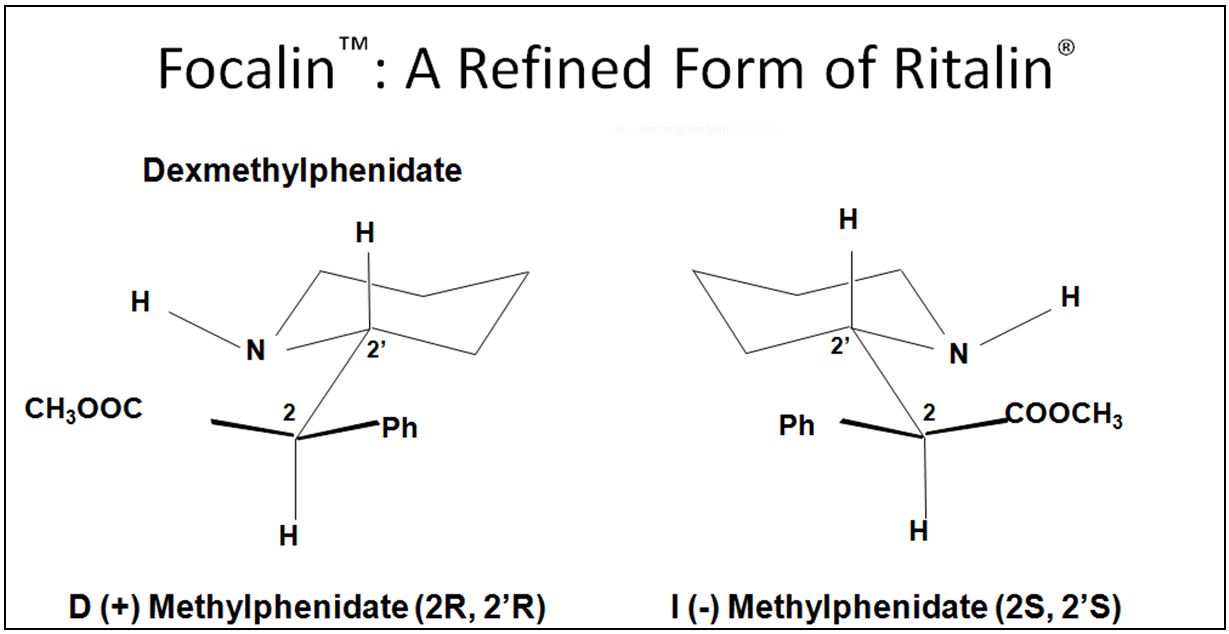 Jay Tarnow, MD
Jay Tarnow, MD
Many Insurance companies are taking Intuniv and Focalin off of their formularies and therefore the cost to the consumer has increased tremendously, in some cases $300. This is a tactic by the insurance company to lower their costs and to shift that cost on to the consumer. This is an unfortunate situation and in my opinion unwise. The insurance companies say this is to lower healthcare costs but they are just passing the responsibility back to the consumer by forcing the consumer to purchase generic formularies. However, the generic for Intuniv is very different. The generic (guanfacine or Tenex) is short acting and must be given at least twice per day. The most common side effect of the generic medication is sedation. The beauty of Intuniv is that it is long acting and can be given once daily. I prescribe the generic medication in the evening and it helps ADHD children fall asleep. As you know going to sleep can be a real chore for ADHD children and their parents. So what should a parent do? Schedule an appointment for one month.
The doses are not comparable so we will need to make the following changes:
- Stop the Intuniv slowly by decreasing 1mg every three days
- Then restart on guanfacine by giving 1mg every three days
- Then add half pill to that for three days
- Then go to 2mg (2 - 1mg pills) for one week
- After a week I try to reduce the evening dose to 1.5mg (one and half pill) in the evening and use the other half for the A.M.
- By doing this, I am trying to minimize the sedation during the day. After 1 week I then move the other half tablet from the evening to the morning, thus the child is taking 1mg in the morning and 1mg in the evening.
If the child needs more and can tolerate without the sedation side effect, we can then add to the middle of the day. So are you now confused, tense, and worried? That is why I say that insurance companies removing Intuniv from the formulary and thereby “incentivizing” parents to use the generic is unwise. Each child has variations on how they metabolize medication, therefore it may not go as planned and you may need to contact your doctor again to adjust the dosage (This is why I recommend Pharmacogenomic Testing). All of this adjusting takes at least 15minutes of a physician’s time and that would be approximately $80-100 per patient. So are the costs really lower? Or have we just shifted the costs? What about the cost to the parent’s time, and the cost of the child being overly sedated in school?

Is this really decreasing the costs? I suggest parents get in touch with their Human Resource Directors to inform them of the problem.
Good Luck!
Jay Tarnow, M.D.